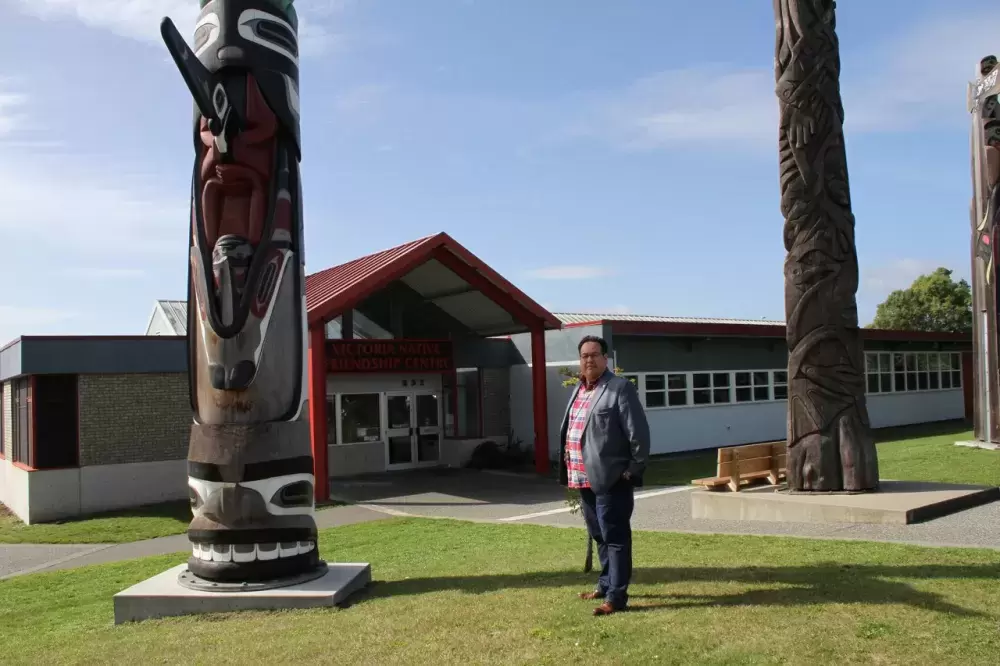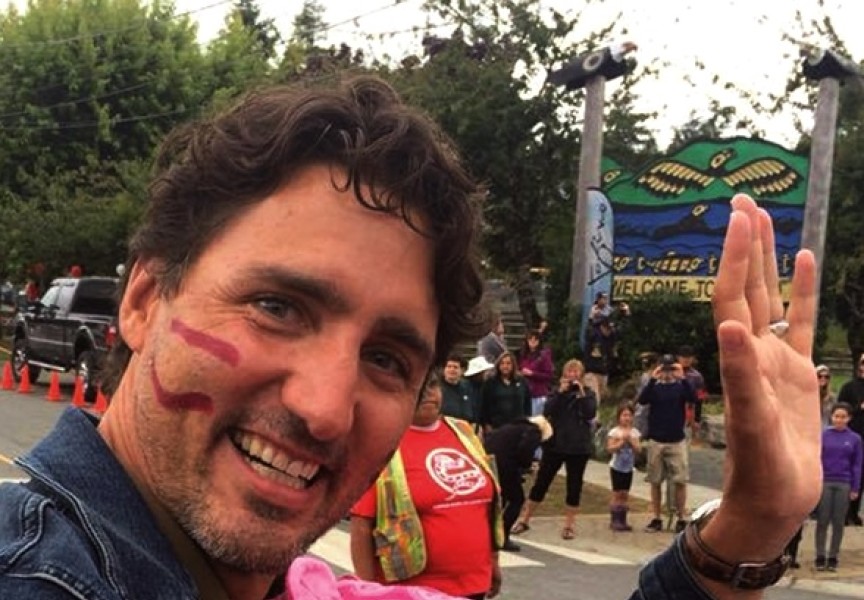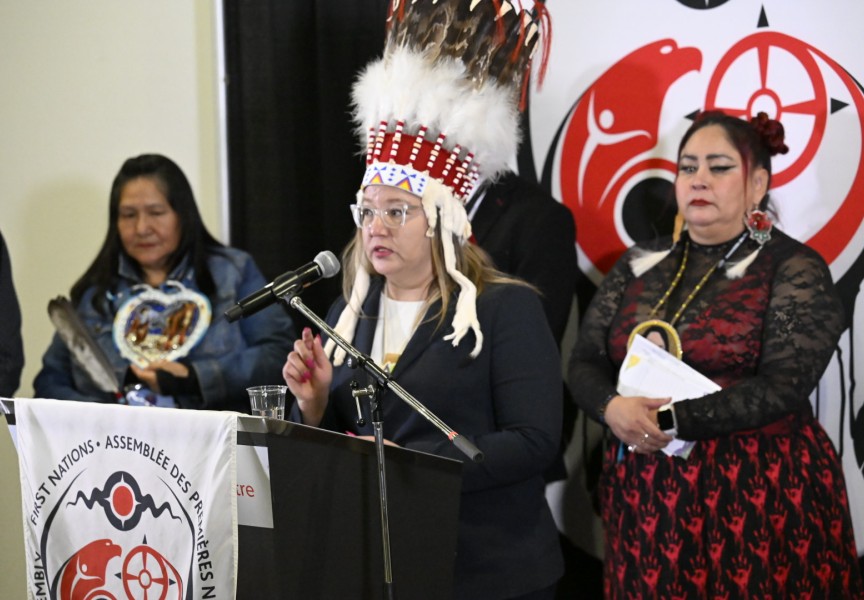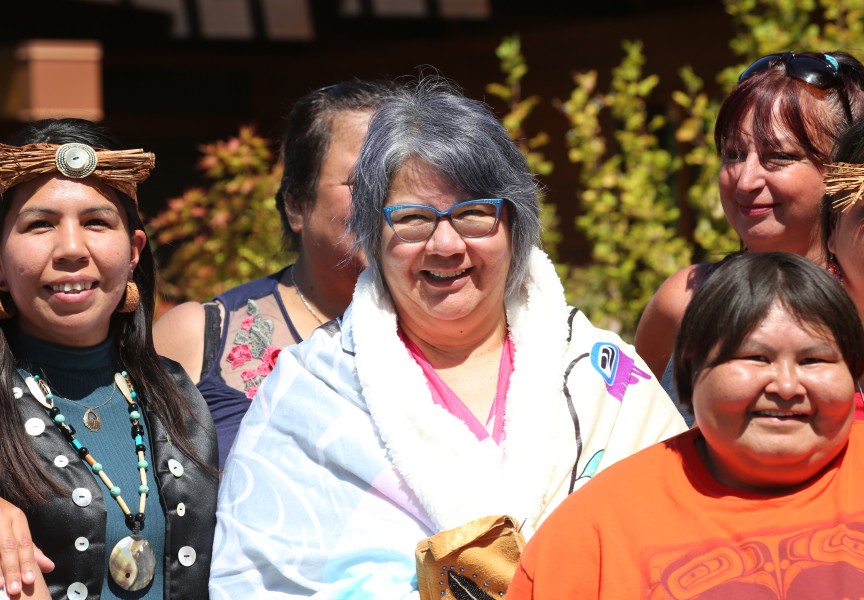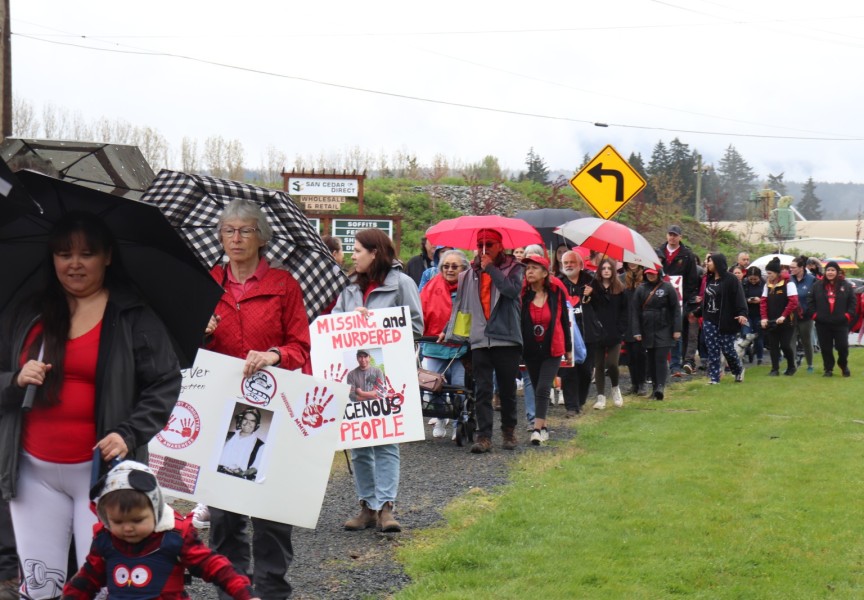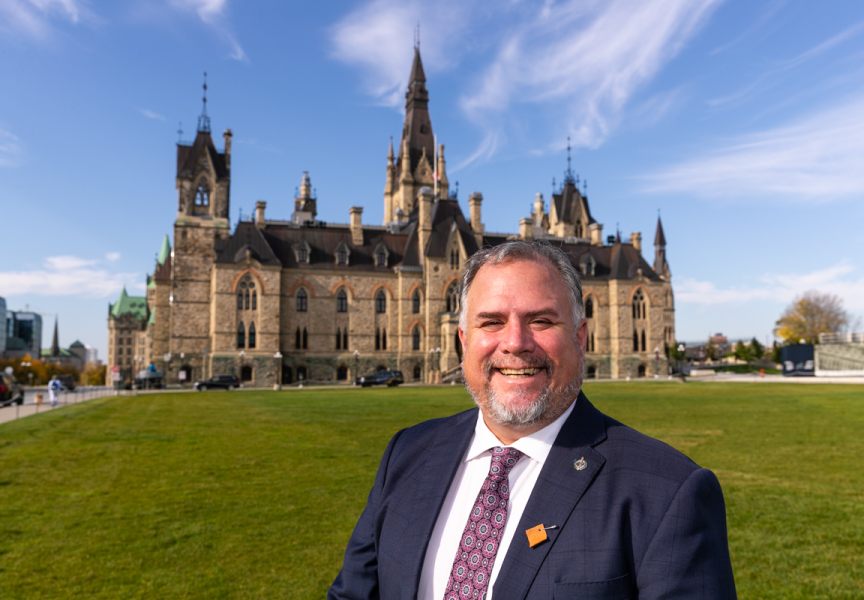The COVID-19 crisis has sparked a widespread response in Canada, with a multi-billion-dollar social spending initiative that resulted in the largest deficit the federal government has run since the Second World War.
Canada’s pandemic response spending has included the $305-million Indigenous Community Support Fund. But despite the reality that the majority of Canada’s First Nations people live in cities, a remarkably small fraction of this fund has trickled to the friendship centres tasked with assisting urban Indigenous people during difficult times. Instead, these support organizations have relied on private and corporate donations to fund a surge in requests for assistance.
Like other service organizations, friendship centres in British Columbia have continued to operate, but access to staff and offices has been restricted to limit the potential transmission of the novel coronavirus.
The Port Alberni Friendship Center has reduced its office hours from 8:30 a.m.-2 p.m.
“As we are practicing social distancing to keep both our clients and staff safe during these challenging times, our supports services are only accessible by phone until further notice,” stated Executive Director Cyndi Stevens in an email reply.
During these hours the front lobby is open, where clients who don’t have a phone can use a telephone to consult staff on employment insurance, social assistance, tenancy issues or other pressing matters of concern.
“We are still offering coffee and have food and clothing available as it is donated,” continued Stevens. “Please feel free let people you know in need to check our front lobby for these items as there have been donations dropped off on a daily basis.”
The COVID-19 pandemic has borne a growing need for basic necessities as job losses and facility closures are leaving many households without staples. Friendship centres have found themselves on the front lines of this emerging crisis, gathering any funds they can to deploy a regular fleet of food hampers to those struggling in their urban communities.
In Victoria the need is plain to see on Pandora Avenue, where nearly 200 people were living in a cluster of tents at the end of April. With the absence of running water, cleaning supplies and personal protective equipment in such close quarters, the potential for the coronavirus spreading in B.C.’s homeless communities caught the attention of the provincial government as it works to identify new COVID-19 cases and control spread in cluster outbreaks.
In April arrangements were made with motels to provide temporary shelter that makes physical distancing possible, but by early May it became apparent that Victoria’s homeless encampments would remain a concern. The deadline to move everyone from Victoria’s larger tent communities has been extended to May 20, said Shane Simpson, minister of Social Development and Poverty Reduction, in a provincial statement.
"While we have been working with the hotel sector and service delivery partners toward the May 9 target in Victoria, it is now clear that more time is needed to ensure each person leaving Topaz Park and Pandora Avenue is moved into the accommodation that best meets their needs,” he said. "No one will be asked to leave these encampments without being offered a suitable temporary housing option.”
The Victoria Native Friendship Centre has closed many of its in-person services to the public, instead offering telephone and online sessions to youth, elders and others in need. But the overnight shelter will remain open until at least June 30 to assist the city’s homeless. The facility’s gym is divided with tape to ensure the mats laid on the floor each evening follow the six-foot distance requirements set out by B.C.’s provincial health officer.
Executive Director Ron Rice continues to see approximately 15 visitors a night, less than what the Victoria Native Friendship Centre served through the winter.
“Some of those guests have been transferred into motel rooms here in Victoria where they are comfortable and capable of being alone,” he said, adding that outreach workers regularly check in on these clients. “These are people who don’t have any issues with severe drug or alcohol addiction, who aren’t experiencing any mental health challenges and breakdowns.”
While the Victoria friendship centre has cut back on some in-office duties, additional staff have been hired just to clean between showers and laundry loads at its shelter. Despite these safety measures, some clients are opting to spend the night outside.
“There are people who have made the decision to just show up for the food, just show up for a shower, maybe show up to do their laundry, and then leave,” said Rice. “They have their own anxieties around sleeping in a giant room with other people, so we’re trying to respect that.”
According to provincial statistics, 264,100 jobs were lost in B.C. during April, rising the unemployment rate to 11.5 per cent – a jobless figure that more than doubled since the five-per-cent-rate B.C. enjoyed before the pandemic took hold of the economy.
In Victoria alone 14,500 jobs were lost last month, and this economic decline became evident to the city’s friendship centre with the rising demand for food hampers. In mid-March when coronavirus restrictions began this weekly distribution started with 27 hampers for elders in need. But requests have poured in from a variety of households, and now the friendship centre prepares and delivers over 200 hampers, feeding approximately 500 people of all ages in Victoria.
Rice expects this demand to continue until the end of the year.
“The reality is that this is only going to get harder with more and more people losing their jobs, more and more industries shutting down,” he said. “We think that we’ll probably get to 300 hampers a week, then we’ll have to cap it off there.”
Funding for this service has relied on donations from businesses and generous individuals, an issue that the BC Association of Aboriginal Friendship Centres has stressed in its lobbying for more government support. Most – or $215 million - of Ottawa’s $305-million Indigenous Community Support Fund goes directly to First Nations, including almost $40 million for those in B.C. Another $45 million is allocated to Inuit groups, and $30 million is set aside for Métis Nation communities. This leaves $15 million for urban Aboriginal organizations, a fund friendship centres across Canada are trying to tap into.
In Victoria Rice has seen little of this federal money trickle through to his organization.
“In British Columbia 85 per cent of the Indigenous population lives off reserve, and yet we got less than 0.5 per cent of the funding that came from the federal government,” he said.
But other sources have noticed the friendship centre’s need for support. Rice recalls one afternoon this spring when he received a surprise visit.
“A single woman in James Bay, first sunny day got on her bike and rode across town, came to the front reception area. We’re just about to close,” he recalled. “She said, ‘I just want to drop off something for your hamper program’.”
The woman, who appears to be in her 70s, has remained anonymous as a donor.
“She reaches into her saddlebag and pulls out two cheques for $10,000,” continued Rice. “That one non-Indigenous elder gave me more money than the federal government did.”

